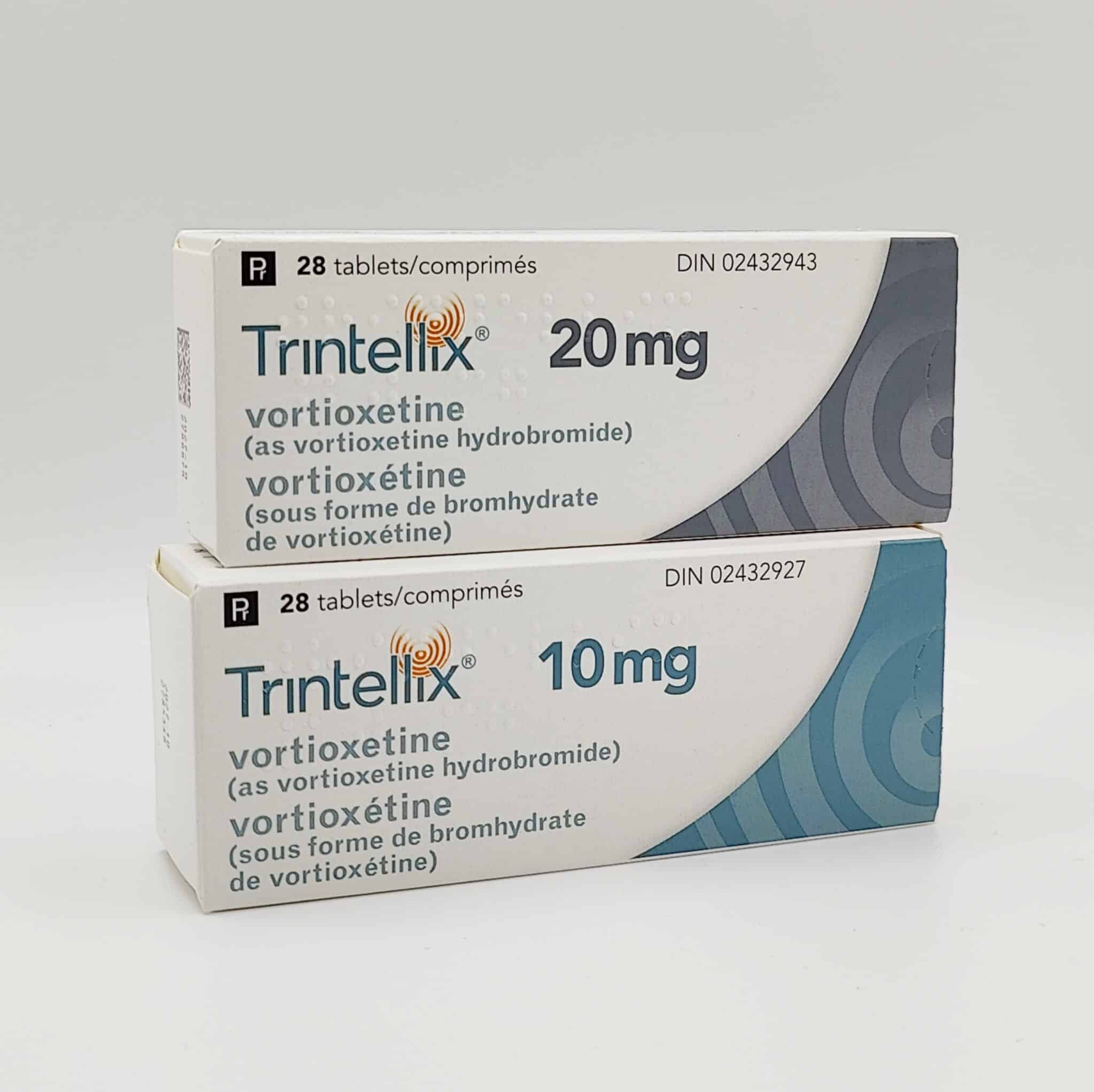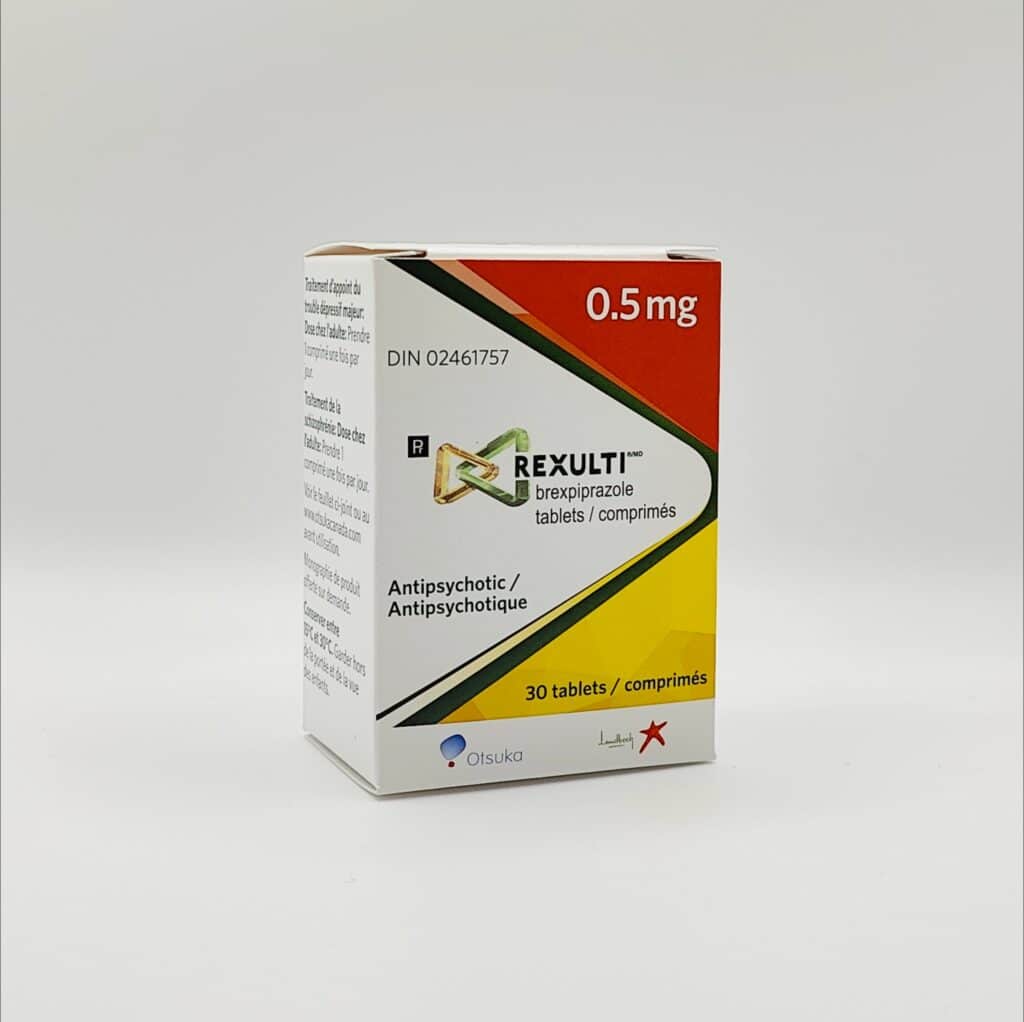Which Antidepressants Are Least Likely to Cause Weight Gain?
Which Antidepressants Are Least Likely to Cause Weight Gain?
- Todd P
You may often hear the question, which antidepressants are least likely to cause weight gain? This is an understandable concern, as weight gain is a common side effect of many antidepressants and can sometimes deter patients from starting or continuing treatment. The truth is, there’s no one-size-fits-all answer—it often takes trial and error to find the right medication for each person. However, understanding the differences between antidepressants can help set realistic expectations and support success in managing both mental health and physical well-being.
Why Do Antidepressants Cause Weight Gain?
Antidepressants can affect weight in a few ways, including:
- Changes in metabolism.
- Increased appetite or cravings.
- Improved mood leading to better eating habits—or overindulgence.
It’s important to remember that untreated depression can also impact weight, often causing appetite loss or overeating. Effective treatment may help stabilize these changes over time.
Antidepressants and Weight Gain: Key Considerations
Here’s how I approach the question of weight gain with patients:
1. Tailored Recommendations
Every patient is unique. Consider factors like the specific type of depression or anxiety, coexisting medical conditions, current medications, and individual preferences. For example, some antidepressants may be better suited for patients with additional conditions like chronic pain or sleep disturbances.
2. Trial and Error
Finding the right medication often requires trying different options. What works well for one patient might not work for another. Patience and open communication with your healthcare team are crucial.
3. Lifestyle Counseling
Alongside medication, maintaining a healthy diet, regular exercise, and good sleep hygiene can help manage weight and improve overall well-being.
Comparing Antidepressants and Weight Changes
Here’s a breakdown of common antidepressants and their potential impact on weight:
Sertraline (Zoloft) or Fluoxetine (Prozac)
- Generally well-tolerated.
- These SSRIs are good first-line options with minimal weight gain for many patients.
Duloxetine (Cymbalta)
- Causes similar initial weight gain to SSRIs, but studies suggest less weight gain after two years of use.
- A good option for patients with comorbid chronic pain.
Bupropion (Wellbutrin)
- Often associated with weight loss rather than weight gain.
- A great choice for patients with overweight or obesity.
- Avoid in patients with a history of anorexia, bulimia, or seizures due to increased risks.
Vortioxetine (Trintellix)
- Tend to be weight-neutral.
- May cost more and often cause nausea, which could impact adherence.
Counseling Tips for Success
- Be Proactive About Lifestyle: Prioritize a healthy diet, regular exercise, and proper sleep. These habits can help prevent weight gain and support overall mental health.
- Set Realistic Expectations: Explain that some degree of weight change may occur, but this doesn’t mean the medication isn’t working. Focus on overall well-being and symptom improvement.
- Monitor Progress: Always try to communicate any concerns about weight changes or side effects so adjustments can be made if needed.
- Highlight the Big Picture: Be remind that treating depression may improve appetite and energy levels, helping you to return to healthier habits over time.
Conclusion
When it comes to antidepressants and weight gain, there’s no perfect solution, but careful selection and counseling can make a big difference. Medications like sertraline, fluoxetine, or bupropion can minimize the risk of weight gain, while duloxetine offers a longer-term option with reduced weight effects. Encouraging a balanced lifestyle and regular follow-ups will help you feel empowered and supported in your treatment journey.
If you’re considering antidepressants and have questions about which one is right for you, consult with your healthcare provider or pharmacist to explore your options. Canadian prescription referral services can also provide affordable access to these medications, ensuring that cost is never a barrier to better mental health.


